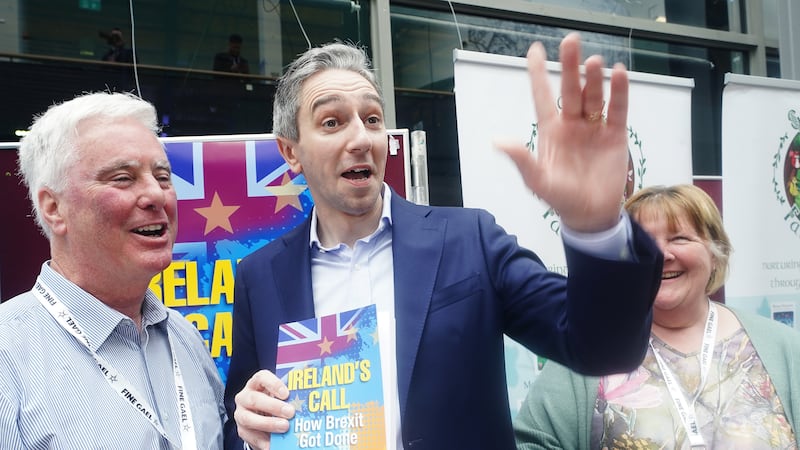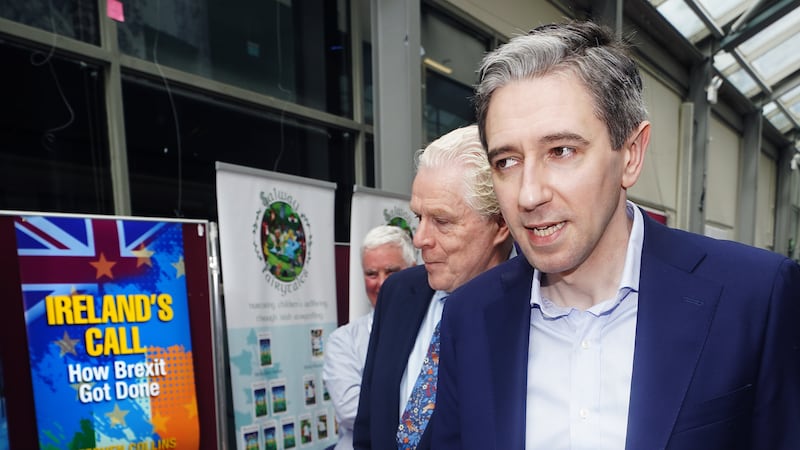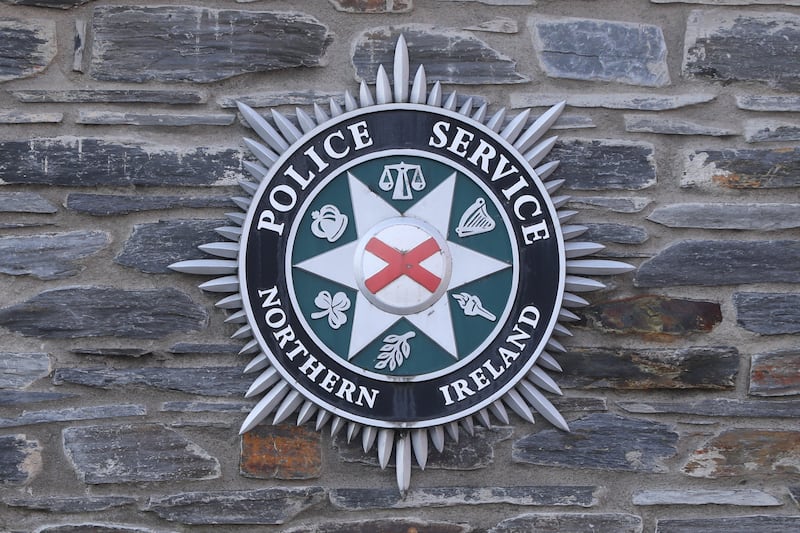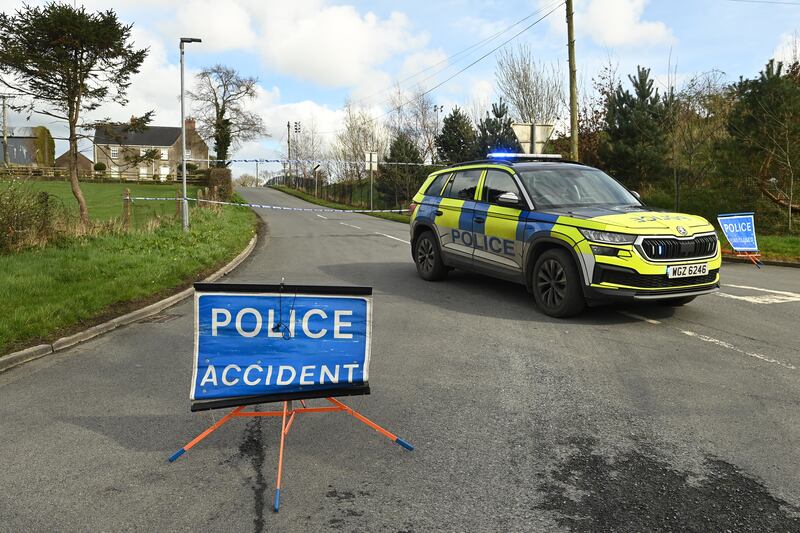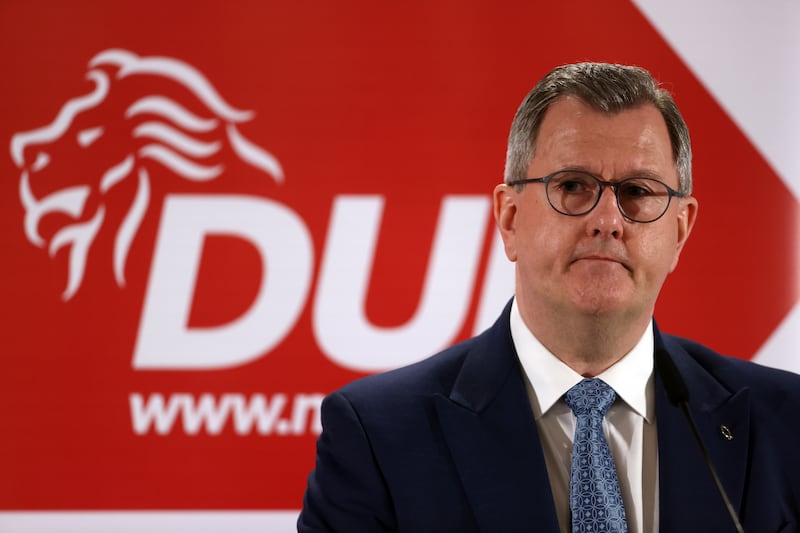FOREIGN secretary Liz Truss may regard herself as a potential successor to Margaret Thatcher, having progressed from playing the part in a school play to recreating an iconic image of the Iron Lady atop a tank earlier this year.
But it fell yesterday to fellow Conservative MP Simon Hoare, chair of the Northern Ireland Affairs Committee, to contrast the former prime minister's commitment to the rule of law with the cavalier attitude of the current administration.
“The duty of government is to uphold the law. If it tries to bob and weave and duck around that duty when it’s inconvenient, if government does that, then so will the governed. And then nothing is safe. Not home. Not liberty, not life itself. Not my words, but Margaret Thatcher’s,” he said.
Of course this British government already boasts the first sitting prime minister ever to be sanctioned for breaking the law after Boris Johnson was fined for flouting Covid restrictions.
Secretary of State Brandon Lewis previously also admitted that a proposed Brexit bill would "break international law in a very specific and limited way".
There will therefore be considerable scepticism about Ms Truss's insistence that her planned legislation to change the protocol would comply with the law.
Eyebrows were also raised when the foreign secretary spoke of the "grave and serious situation in Northern Ireland" and the government's duty to "restore peace and stability".
Perhaps most disingenuously, she and Mr Johnson have framed their action in terms of protecting the Good Friday Agreement, having previously stated the protocol was fully compatible with the 1998 accord. The same need for cross-community consent should surely apply to Brexit itself.
The EU was predictably unimpressed, warning that if the UK pressed ahead it will respond with "all the measures at its disposal". Irish foreign affairs minister Simon Coveney said unilateral action was "damaging to trust".
The worst-case scenario is a trade war between London and Brussels, with tariffs slapped on goods and yet more pain for consumers already struggling with a cost-of-living crisis.
Of course the legislation has not yet been published and its journey to the statute book would not be straightforward, providing time for continued talks.
And while this may be the real intention of the British government, it does not help the people of Northern Ireland who face a range of challenges without the support of an executive.
It remains the case that only a renewed commitment to serious negotiations will finally resolve the protocol issue and that work should begin as a matter of urgency.
